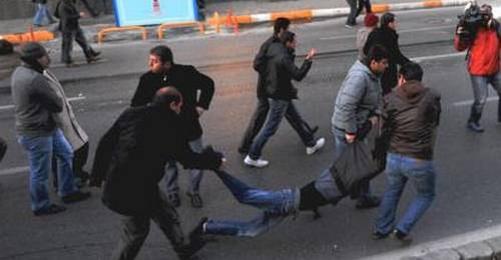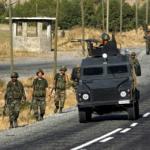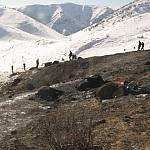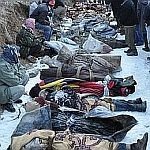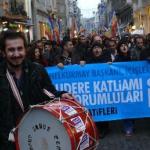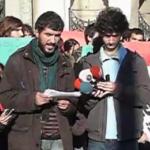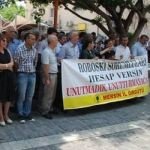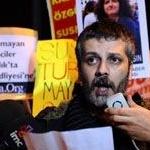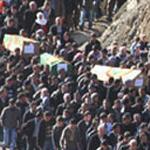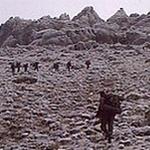32 people were taken into police custody on 29 December in Istanbul because they protested the death of 35 civilians who were killed in an operation of the Turkish Armed Forces (TSK) in south-eastern Turkey. All of the 32 people in custody, among them conscientious objector İnan Süver, were released on 31 December.
The TSK carried out an aerial strike in the region of Uludere in the Kurdish-majority province of Şırnak in the night of 28 December. Unmanned air vehicles and thermal cameras of the TSK had determined a group of people close to the Iraqi border. Thereupon, an aerial strike was launched in the region close to the Ortasu Village.
35 civilians from the villages of Ortasu (Roboski) and Gülyazı were reported dead after the incident. It turned out later on that these people were not members of the militant Kurdistan Workers' Party (PKK) as supposed by the military but villagers aged between 12 and 37 years old who were smuggling diesel fuel.
After the funerals, relatives of the victims explained the reason why they went to get diesel fuel from Iraq: "Poverty is the reason. This is our only source to get by".
TSK announcement
On 29 December, the General Staff Presidency published a statement with regard to the operation on their official internet site. The place of the bombing was described as "a location where the PKK's main camp was stationed without civil settlements in the Sinat-Hafta region of northern Iraq".
It was announced that the drones detected a group of people coming from Iraq towards the border at 6.39 pm on 28 December. This group of people was targeted by war planes between 9.37 and 10.24 pm, according to the statement.
The announcement read, "The cross border operation is being carried out due to the authority given by the Turkish Grand National Assembly (TBMM) on 17 October 2007 that is being renewed for periods of one year".
Protests
Also on 29 December, on day after the bombing, a group of people gathered on Istanbul's Taksim Square for a press release in protest of the operation. The protest was organized upon the call of the Peoples' Democratic Congress (HDK). The protestors were carrying photographs of the people who had died in the course of the military operation.
The press release read out on behalf of the HDK included the call to stop political and military operations in order to find a solution to the Kurdish question. Also the media was being addressed, saying that the incident in Uludere had to be reported in order to establish peace and brotherhood.
The event was attended by organizations as part of the HDK and deputies Ertuğrul Kürkçü, Levent Tüzel, Sebahat Tuncel and Halil Aksoy. Deputy Tuncel suggested towards the end of the organization to disperse without any provocation.
Subsequent to the press release, the group moved towards the Tarlabaşı Boulevard, a busy main road, were clashes occurred between the protestors and the police. 32 people were taken into police custody.
Lawyer Davut Erkan told bianet that 12 of the 32 people in custody were released after an interrogation at the Istanbul Police Directorate on 30 December. The remaining 20 people in custody, including conscientious objector Süver, were released by the prosecutor's office on 31 December. It has not been confirmed yet whether these people will be facing an investigation, Erkan said.
"Süver was beaten"
Süver was arrested in the context of conscientious objection on 5 August 2010 and released from prison on 9 December 2011. In a statement made to bianet, he said that he did not participate in any violent action. According to Süver, he just accompanied a female friend of his. He indicated that he was stopped and taken into custody although he had not been part of any action. Süver claimed that he was beaten by the police and suffered beating marks in his face.
Lawyer Erkan announced to file a criminal complaint at the prosecutor's office by reason of ill-treatment. The lawyer confirmed beating marks in Süver's f ace and mentioned wounds at his client's wrists caused by extremely tight handcuffs. (NV/IC/EKN)




